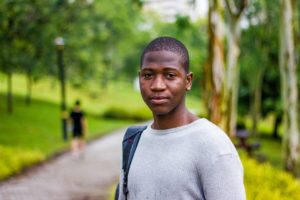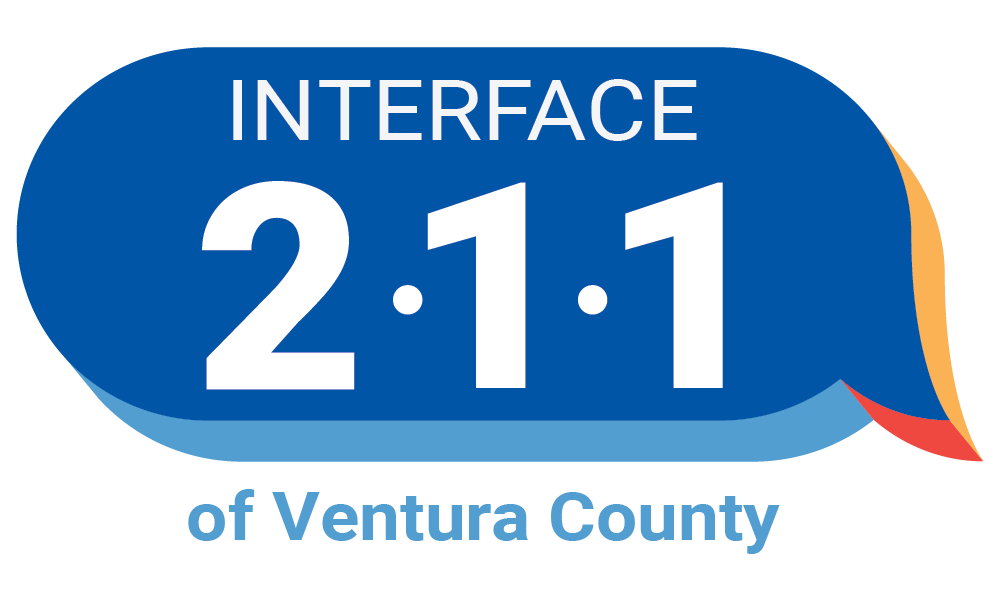Black mothers are crying out for their black sons. They are crying out to anyone who will listen—to friends, to government, to God—to protect their boys.
They know that they can’t keep their babies safe in their homes forever. They know that their preteen boys might look like men to others when they are very much still boys. And they know that as black men they’ll face disproportionate rates of discrimination and murder more than any other demographic group in the United States; a boy growing into a man can be a scary thing  for black moms. The black mothers I know need people in their lives to hear their fear, to see the way they travail for their boys. Comments from white friends such as, “But that would never happen to your son, he’s different,” fall flat when men and boys are arrested and even killed without justification or due process. Attempts to soothe won’t solve this problem.
for black moms. The black mothers I know need people in their lives to hear their fear, to see the way they travail for their boys. Comments from white friends such as, “But that would never happen to your son, he’s different,” fall flat when men and boys are arrested and even killed without justification or due process. Attempts to soothe won’t solve this problem.
Racial injustice happens everywhere. The Interface Children & Family Services headquarters building is located in Camarillo, where in recent weeks, Next Door posts detailed two separate instances of harassment of local young black men. In both cases, the young men were out walking or biking when a car reportedly drove by, threw objects at them, and shouted racial slurs. These incidents bring home the same fear and anxiety that exploded in our news feeds in the last weeks. The recent national accounts of racial injustice against Ahmaud Arbery, Breonna Taylor, and George Floyd heighten a chronic underlying anxiety for local families, whether black, Latino, or Asian. A lot feels scary “out there” these days.
The events in the news might seem far away to some, but they are not far away when you lose sleep because your child, breathing quietly in the next bedroom, might be a victim tomorrow because of their skin color. Mr. Christian Cooper could not even birdwatch in Central Park without a white woman spewing lies to the police that he was threatening her life, knowing that such a phone call could end his own.
Interface is committed to ending victimization in all its forms. We advocate for marginalized communities in much of the work we do with women, children, foster children, the imprisoned, many of whom are people of color because of the brokenness of our nation’s existing systems. We see that each of these, our neighbors, carry the added burden of discrimination and injustice. We are constantly seeking new and innovative ways to extend our kindness and to lighten that burden. We work to lead our community in education and awareness on some of the most fraught issues of our time, many of which disproportionately affect people of color.
We preach constantly that if you “see something, say something” when it comes to domestic violence, and that’s exactly right. But it doesn’t stop there, friends. We have the moral responsibility to say something if we see oppression happening to anyone. We have the moral responsibility to learn to recognize oppression and to teach our children to reject it. We have the moral responsibility to speak up when a loved one says something hateful in a private conversation. Regardless of your race, we have the moral responsibility to seek out the voices of people of color, to read and listen to diverse stories and emotions, and to respond with the love and grace that we would ask for ourselves.
Discrimination isn’t acceptable in communities far from here, and it’s not acceptable here either. Each of us must do our part to assure that Ventura County is a place where mothers can go to sleep without so much worry for their children, young or old.
We stand with you, mamas. We stand with you, dads. We stand with and for your children. We long for a day when we all can breathe, in peace and with equality.
With respect and compassion,


